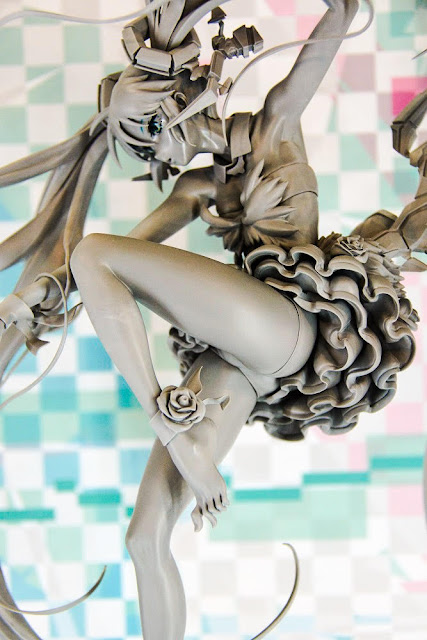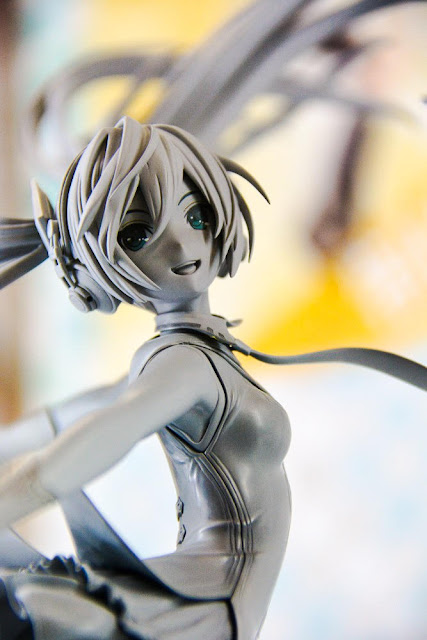Latest Articles
Nearly a year ago, PQube announced it would publish otome crime-solving cinematic visual novel Bustafellows season2…
Upcoming relaxing first-person game Spray Paint Simulator seems pretty darn satisfying. I’ve previously described it as…
Corsair tends to punch above its weight, offering good quality equipment tuned heavily towards gaming applications…
Eastasiasoft has announced its full game slate this month (May 2025), including five titles for PC…
One of my first observations about Clair Obscur: Expedition 33, was that it was very, very…
















